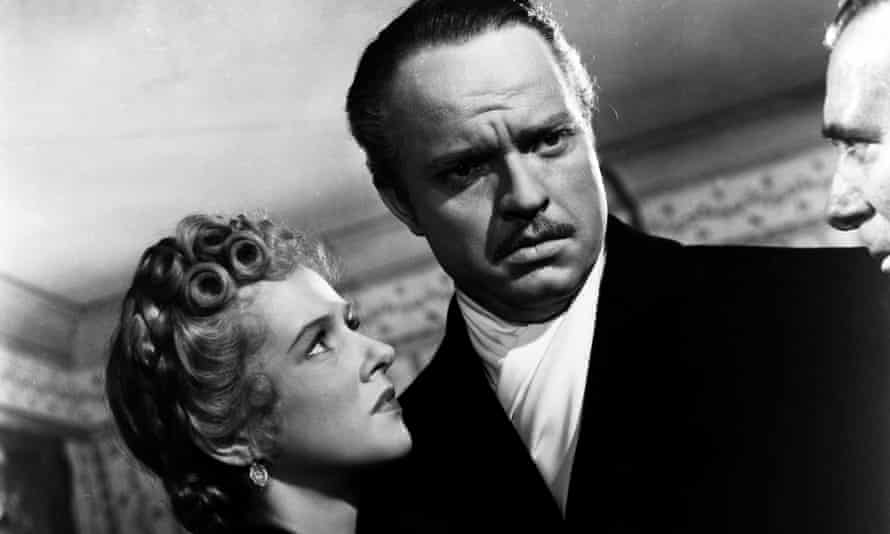‘This is quite you,” my girlfriend said, reading the story of Gareth Wild, who last week completed his mission to park in every parking space at his local Sainsbury’s supermarket in Bromley, south-east London. I took it well – it is quite me. Wild used the satellite view of the car park to make several stages of colour-coded diagrams and then a spreadsheet, and finally, on Tuesday, he tweeted that he had parked in all 211 eligible spaces and completed his magnum opus.
“I find enjoyment in the little, banal things in life,” Wild told the Daily Mirror. Clearly, I am not the only person who can relate. These last 13 months or so have been a blank canvas for finding entertainment in places where it previously could not, or should not, have been found. This is why banana bread and sourdough starters became popular and then became popular punchlines. It is why my local Hobbycraft still has a queue to rival Ibiza’s summer hotspots, though it has to be said, with a much more friendly clipboard queen and more punters in fleeces.
Last April, a much hotter month than this year’s frosty spring-tease, we sat in our London flat, not sure how safe it was to linger outside, or whether it was illegal to sit on a bench. I think it was around that time that the vans started patrolling the city’s parks, telling people through loudspeakers that if they weren’t there to exercise, they had to go home.
We didn’t have a garden, so Club Tropicana was born. Two camping chairs, unfolded and set up in front of an open bedroom window. A packet of crisps, torn open and left on the windowsill to share and two cold beers brought in on a tray, as the late-afternoon sun shone through the glass.
We played Wham! and pretended that we were in a pub garden. I am admitting this because it was a small fantasy, but it helped. There was fun and sunshine, enough for everyone. I sometimes think of this as the highpoint of lockdown creativity. I know, deep down, that it was a low one, too.
You might think that Gareth Wild winning the parking Olympics could only have been achieved at a time when a pandemic had slowed life to a snail’s pace for many of us, but no: amazingly, he says the pandemic actually meant it took him longer. He had reasonably assumed he could do it in four years. In the end, he needed six. It may have been a “little, banal thing”, but sometimes, banality is beautiful.
Could Orson Welles bear being usurped by a bear?

It was a bad week for Orson Welles, though I doubt he minds much, after his magnum opus, Citizen Kane, lost its position as the best-reviewed film on the aggregate site Rotten Tomatoes. For 80 years, Citizen Kane has been widely considered one of the best films ever made and, accordingly, had a 100% “fresh” rating on the site. But never trust a bear in a duffel coat, because, thanks to a combination of marmalade and the power of historical research, Citizen Kane lost its 100% fresh rating, dropping to 99% fresh and falling behind the masterpiece that is Paddington 2.
The reshuffle occurred when researchers found a 1941 review of Citizen Kane published in the Chicago Tribune by a pseudonymous critic, Mae Tinee, who was less impressed than most. “Its sacrifice of simplicity to eccentricity robs it of distinction and general entertainment value,” Tinee wrote, oblivious to the effect this would have on the film’s ratings so many years later.
I love contrary reviews and there is no listicle I will click on faster than the “one-star reviews of classics” kind. Mary McCarthy famously pummelled The Handmaid’s Tale in the New York Times in 1986 for its weak characterisation and lack of imagination, but I also enjoy an Amazon “don’t bother, boring” review left on the sales page of a long, pretentious “classic”. These are succinct and not always wrong. Spending 80 years at number one is a reasonable period of success for Citizen Kane and, let’s be honest about this, Paddington 2 is a worthy contender. Have you seen Hugh Grant’s dance routine?
Nigella Lawson, Cook, Eat, Award

If the nominees for the TV Baftas’ Must-See Moment award, as voted for by the people, are taking the pulse of the British public, then I wonder if the British public should consider calling 111. It is a wildly disparate selection of things, but I suppose it does stand as an accurate portrait of what has been a wildly disparate year.
Diversity are nominated for their Black Lives Matter-inspired dance routine on Britain’s Got Talent, despite the ridiculous complaints-to-Ofcom frenzy around it. There’s a nod to the blockbuster stuff in scenes from Bridgerton and The Mandalorian, while your British meat and potatoes are all present and correct in nods for EastEnders and Gogglebox.
But, brilliantly, Nigella Lawson has also been nominated. Not for a shocking plot twist or the explosive culmination of a long-running storyline, but for the way she jokingly said “microwave” as “meecro-wah-vey” on Nigella’s Cook, Eat, Repeat. I really hope it wins a Bafta, not only to see what they engrave on the award, but also to prove that in this culture of memes, sometimes, one good camp gag can be as successful as a show with a multimillion-pound budget.
This content first appear on the guardian
